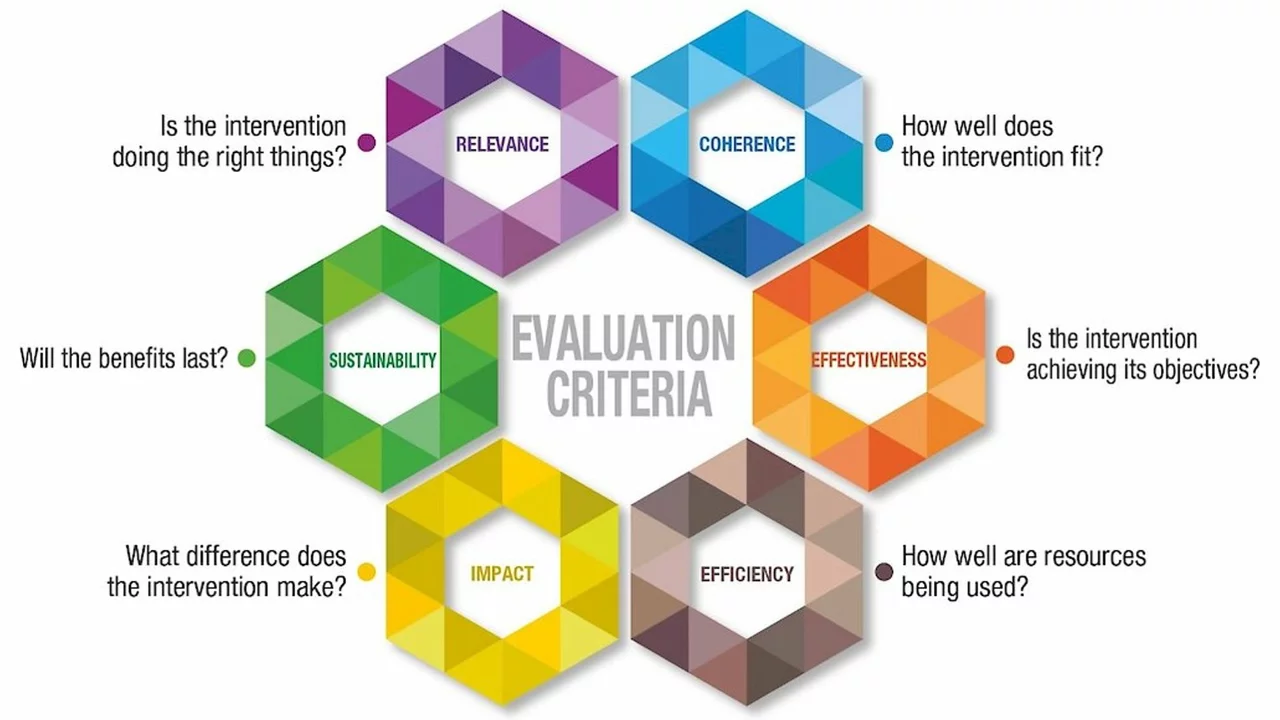Contraindications: Quick Checks Before You Take Any Medicine
If you’ve ever wondered why a doctor says “don’t take this with X” or why a pharmacy label warns about certain health conditions, you’re looking at contraindications. In plain terms, a contraindication is a situation where using a drug could cause harm. Knowing them saves you from nasty side effects, dangerous interactions, and costly trips to the ER.
On this page we pull together the most common red‑flags for dozens of medicines. Whether you’re reading about phenytoine’s sleep problems or imipramine’s mix‑ups with other antidepressants, you’ll find a short safety checklist you can use right away.
How to Spot a Contraindication Quickly
First, always scan the “Do Not Use If” section on the label or prescription sheet. Look for three easy clues:
- Health conditions – e.g., heart disease, liver failure, pregnancy.
- Other meds – especially drugs that affect the same enzyme pathways (think CYP450).
- Allergies or sensitivities – even a mild rash can turn serious with repeat exposure.
If any of those match your situation, pause and ask your pharmacist or doctor. It’s faster than dealing with an unexpected reaction later on.
Real‑World Examples from Our Articles
Here are a few quick snapshots from the posts under this tag:
- Phenytoin and sleep – If you have a history of insomnia or take other sedatives, phenytoin can make night‑time waking worse.
- Imipramine interactions – Mixing imipramine with SSRIs or MAO inhibitors raises the risk of serotonin syndrome. A short washout period between drugs is usually required.
- Prednisone safety – People with uncontrolled diabetes, high blood pressure, or active infections should avoid high‑dose prednisone without close monitoring.
These snippets show how a simple check can prevent serious trouble. The full articles dive deeper, but the key takeaway is always to match your personal health profile against the drug’s contraindication list.
Another handy tip: keep a running list of all medications you’re on – prescription, over‑the‑counter, and supplements. Even “natural” products like hemp oil can interact with blood thinners or antidepressants. When you have that list, your doctor can spot conflicts in seconds.
Finally, remember that contraindications aren’t static. New research may add warnings, especially for newer drugs like the latest anticoagulant alternatives to warfarin. Subscribe to reliable health sites (like HendrxHealth) or set a reminder to review medication info every six months.
Bottom line? A few minutes of checking before you swallow a pill can save hours of recovery later. Use this page as your quick reference hub, click into the articles that match your meds, and stay one step ahead of any hidden risks.
Understanding the contraindications of brinzolamide use
As a copywriter, I've learned that understanding the contraindications of brinzolamide use is crucial for patient safety. Brinzolamide is an eye medication used to treat glaucoma, but it's not suitable for everyone. Some people may have an allergy to the drug or its ingredients, which could cause severe reactions. Additionally, those with kidney problems or certain other medical conditions should avoid using brinzolamide. It's important to consult a healthcare professional before starting any new medication to ensure it's the right choice for you.
